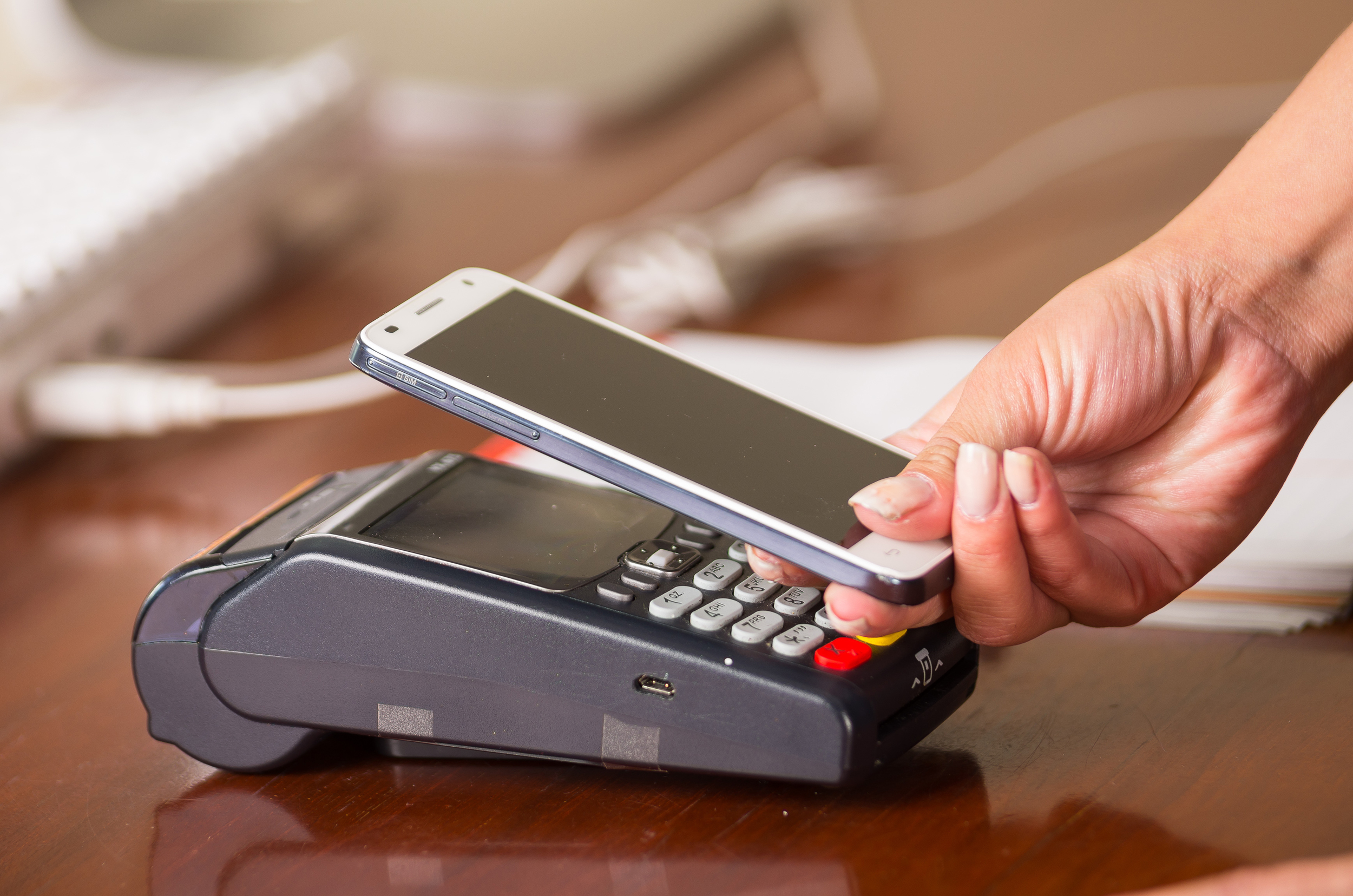We all have several cards that we carry on a daily basis. These cards range from several credit and debit cards, loyalty or gift cards, a driver’s license to membership cards for such places as the library or the sports club. If we are to store all these cards in our wallets, they would be too bulky, even though we were to put them in our backpacks, they would still be a load for us.
With all these cards to carry, we all long for that day when we will be able to hold our phone and be able to access all the cards you need for that specific day. Through a mobile app, mobile wallets are taking us a step closer to the realization of that aspiration. The mobile app can consolidate the credit, debit, loyalty and gift cards onto the phone.
However, these mobile wallets have become so many such that choosing the one that fits you well is now becoming a hurdle. One of the ways of determining the mobile wallet that suits your needs is by considering its functionality for different card types as discussed below.
Credit & Debit Cards
Primarily, your mobile wallet should store your debit and credit cards securely. Storing is not enough, but the wallet should allow you to pay with these cards using your cell phone. A good mobile wallet should enable you to store a variety of cards, such as branded cards, national and local bank cards as well as major brands cards.
Loyalty Cards
Almost every store, restaurant, boutique or supermarket you frequently visit will offer you a loyalty card. You obviously want to earn discounts and freebies from these places, but if they all give you a physical loyalty card, you will end up having a hefty stack of these cards. For this reason, you should choose a mobile wallet that allows you to store all your loyalty cards and enable you to track the points in every card.
Gift Cards
According to an article by Robert Teitelman and Lawrence C. Strauss, close to $1 billion in gift card went unredeemed in 2015. Gift cards go unredeemed because some are lost, others are forgotten while in others, unused balances left on the cards after a purchase goes to waste. You want a digital wallet that will help you spend every coin on the cards.
At Netclearance we offer the mBeaconPay, a turn-key mobile payment smart terminal and software solution which is a perfect match for all your mobile wallet need.










